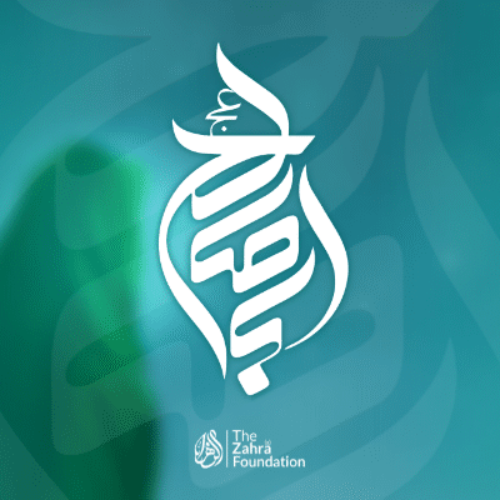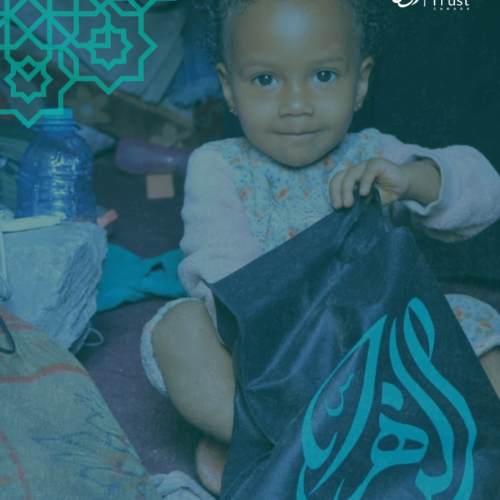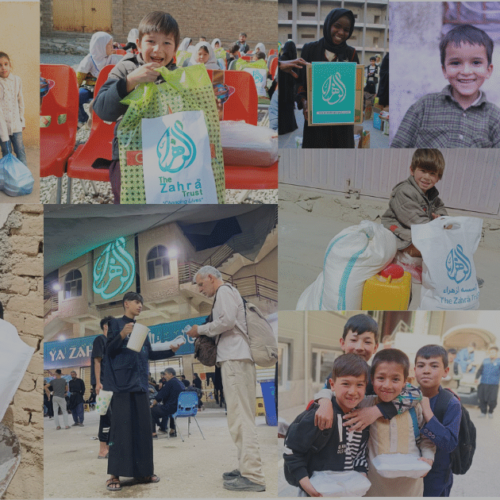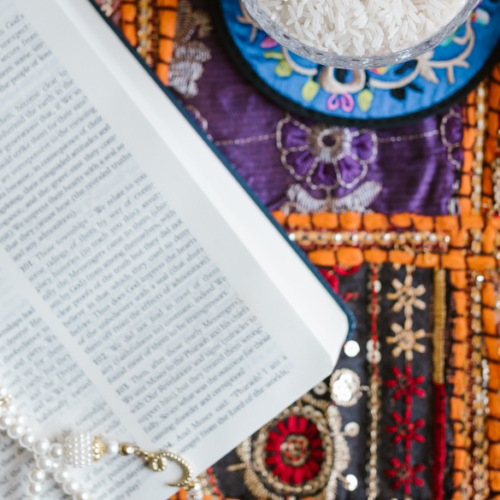Death is an inevitable reality for everyone on this earth, “for every soul shall taste of death” (Quran 3:185). But what we leave behind can potentially have a lasting impact for generations to come.
The wasiyat is the Arabic word for the will. In Islam, while it is not mandatory to create a will, it is highly recommended to create, in writing, a legal document providing clear instructions on how to allocate your wealth and assets after you die, or to whom you assign the guardianship of surviving children or other dependents.
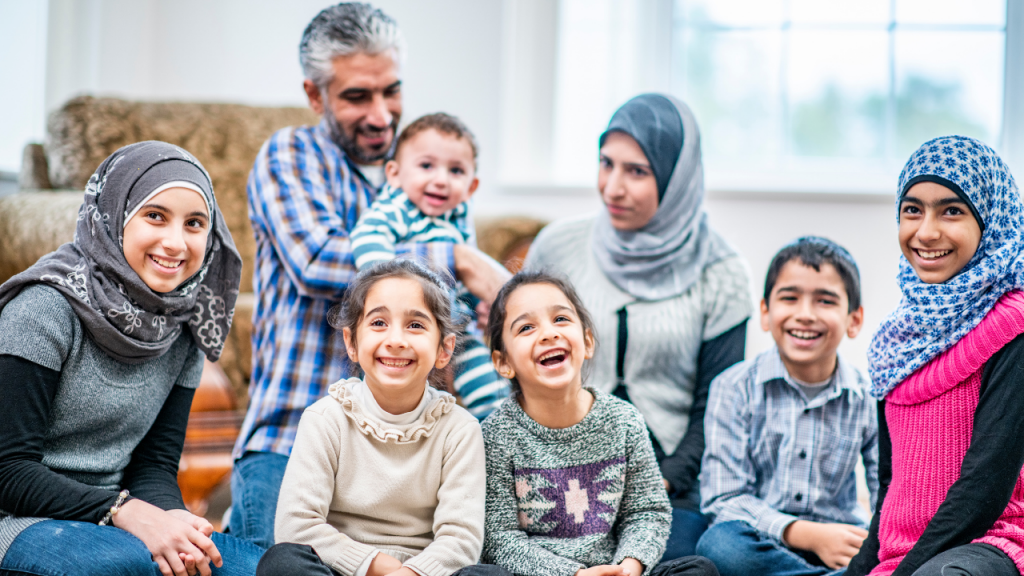
“It is prescribed upon you, when death approaches (any) one of you – if he leaves behind wealth – then he should make a will (wasiyyah) for his parents and near relatives in a fair manner [in the one-third]. This is a duty upon the pious people.” (Quran, 2:180)
There are various groups of people who are entitled to inherit the wealth that we leave behind, which include spouses, children, and parents. Islamically, two-thirds of what we leave behind must be allocated according to the divisions established by the sharia. For the remaining one-third, we have the liberty to choose where or to whom we would like to allocate our wealth, such as a beneficiary, an institution or a cause.
Writing a will does not only entail material wealth. Imam Ali (AS) famously wrote a letter to his sons, Hassan and Husayn (AS) in which he imparts valuable pieces of advice, leaving behind lessons and wisdom for his sons to carry with them in their own lives.
The wasiyat also provides a way for those who may be ill or approaching death to determine the payment of any debts through their assets, including charitable obligations, such as Zakat or Khums, the return of any borrowed property, and the completion of any pending prayers and fasts.
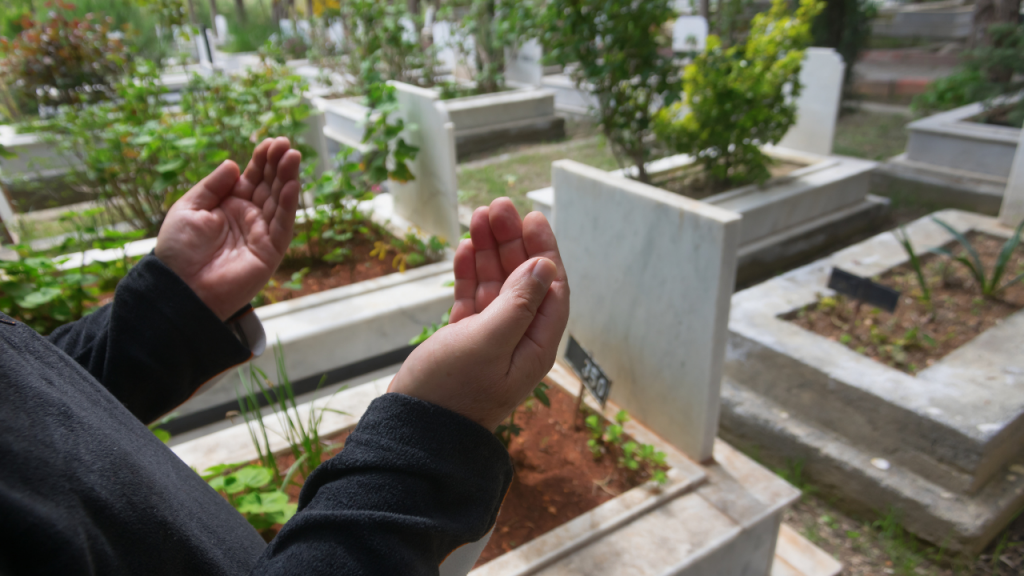
As a complete way of life, the purpose of the wasiyat is to wrap up loose ends in both our material and spiritual lives, including our transactions with the many people we have encountered and interacted with in our lives. This has been established to help create a harmonious and smooth journey to the next life, not only for ourselves, but for the loved ones that we leave behind.
In Islam, being mindful of, and preparing for, death is something that should occur on an ongoing basis — not in a morbid way, but in ways that are both practical and spiritual. It can be a way to create a lasting impact, a sadaqa -e-jariah, for the betterment of others’ lives.
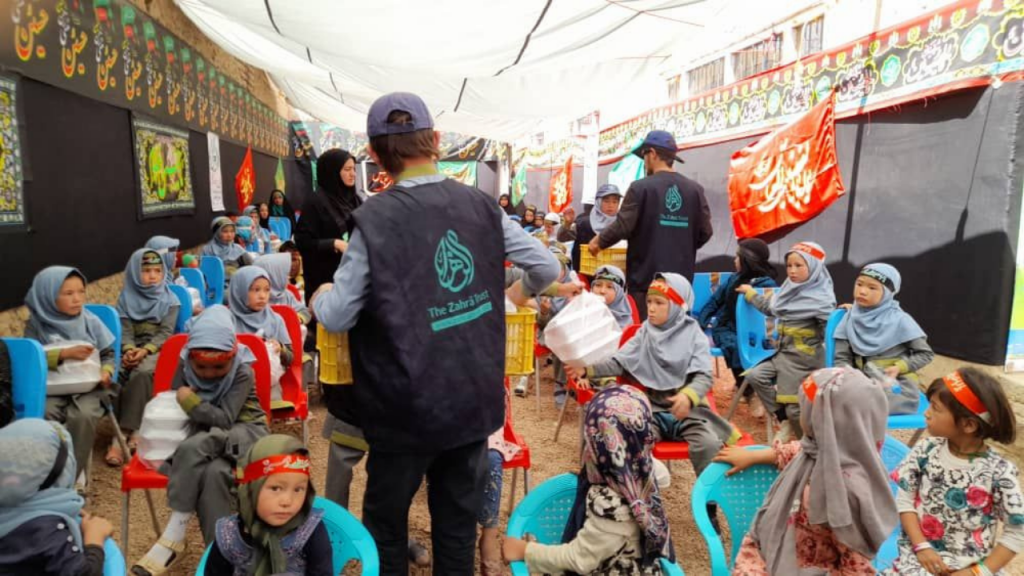
At the Zahra Foundation, our vision is to create a world where everyone has access to the basic necessities in life, living self-sufficiently with spiritual development. For more information on how you can provide sadaqa -e-jariah in your Islamic Will long after you have passed away through our various charitable causes around the world, please get in touch by email at: [email protected]



